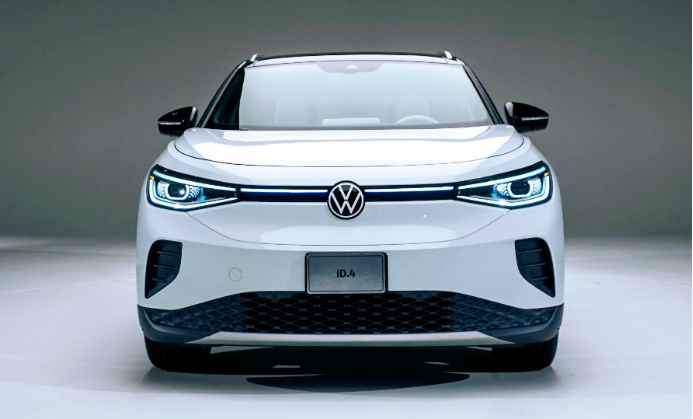With the slowdown in demand for electric vehicles in Europe and the United States, many car companies tend to provide cheaper electric vehicles to stimulate demand and compete for the market. Tesla plans to produce new models priced below 25,000 euros at its Berlin factory in Germany. Reinhard Fischer, senior vice president and head of strategy at Volkswagen Group of America, said the company plans to launch an electric vehicle priced below $35,000 in the United States in the next three to four years.
01 Target parity market
In the recent earnings conference, Musk proposed that Tesla will launch a new model in 2025 that is "close to the people and practical." The new car, tentatively called Model 2, will be built on a new platform, and the production speed of the new car will be increased again. The move shows Tesla's determination to expand its market share. In Europe and the United States, the 25,000 euro price point of electric car demand potential is large, so that Tesla can further consolidate its position in the market and put pressure on other competitors.
Volkswagen, for its part, intends to go further in North America. Fischer told an industry conference that the Volkswagen Group plans to build electric cars in the United States or Mexico that sell for less than $35,000. Alternative production locations include Volkswagen's plant in Chattanooga, Tennessee, and Puebla, Mexico, as well as a planned new assembly plant in South Carolina for VW's Scout sub-brand. Vw is already producing the ID.4 all-electric SUV at its Chattanooga plant, which starts at about $39,000.
02 Price "inwinding" intensified
Tesla, Volkswagen and other car companies plan to launch affordable electric models in order to stimulate market demand.
The high price of electric vehicles, coupled with high interest rates, is the main factor deterring consumers in Europe and the United States from buying electric vehicles. According to JATO Dynamics, the average retail price of an electric car in Europe in the first half of 2023 was more than 65,000 euros, while in China it was just over 31,000 euros.
In the US electric vehicle market, GM's Chevrolet became the second best-selling brand after Tesla in the first three quarters of this year, and sales were almost all from the affordable Bolt EV and Bolt EUV, especially the former starting price of only about $27,000. The car's popularity also highlights consumers' preference for affordable electric models.
This is also an important reason for Tesla's price reduction. Musk previously responded to the price cut by saying that large-scale demand is limited by consumption power, many people have demand but cannot afford it, and only price cuts can meet demand.
Due to Tesla's market dominance, its price reduction strategy has brought greater pressure to other car companies, and many car companies can only follow up in order to maintain market share.
But that doesn't seem to be enough. Under the terms of the IRA, fewer models are eligible for the full electric vehicle tax credit, and interest rates on car loans are getting higher. That makes it harder for electric cars to reach mainstream consumers.
03 Car companies' profits have been hit
For consumers, the price reduction is a good thing, helping to narrow the price gap between electric vehicles and conventional fuel vehicles.
Not long ago, the third quarter earnings of various car companies showed that the profits of General Motors, Ford and Mercedes-Benz fell, and the price war of electric vehicles was one of the important reasons, and the Volkswagen Group also said that its profit was less than expected.
It can be seen that many car companies adapt to the market demand at this stage by cutting prices and launching affordable and low-cost models, as well as slowing down the pace of investment. As for Toyota, which recently announced an additional $8 billion investment in a battery factory in North Carolina, Toyota may be considering the long term on the one hand and getting a huge subsidy from the IRA on the other. After all, in order to encourage American manufacturing, the IRA provides car companies and battery manufacturers with huge production tax credits.
Post time: Dec-12-2023










